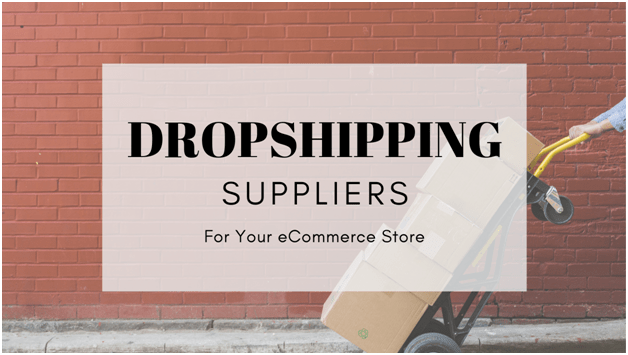
Finding reliable AliExpress supplier can be a daunting task for those sellers who just enter the dropshipping niche. Given that there are many suppliers on the market, it’s not easy for sellers to sort out the good from the bad.
Before sellers start sourcing products from an AliExpress supplier, they should understand differences among manufacturers, wholesalers, dropshippers, and traders.
Menu:
1. Manufacturers
Manufacturers are people or companies that make goods from raw materials using the support of machinery and laborers, and then sell goods to distributors to profit. Some manufacturers, mainly in the fashion industry, have their own design team to design goods that keep up with market trends.
Manufacturers, sometimes dubbed as suppliers, rarely work directly with sellers/retailers because they only partner with distributors/wholesalers capable of buying products in huge quantities. Besides, manufacturers mainly focus on production, and they are poor at marketing. That is the reason why distributors exist.
2. Distributors/Wholesalers
It is easy to get confused between distributors and wholesalers. Basically, they are people or companies that distribute goods to retailers/sellers. However, the difference between them lies on their business scale.
Distributors’ business scale is larger than wholesalers’. Distributors are people or companies that work directly with manufacturers to buy merchandise in huge quantities and re-sell to wholesalers. Then, it is wholesalers who re-sell merchandise to retailers/sellers. Sometimes retailers can source products directly from distributors, but they have to buy goods in large quantities.
3. Dropshippers/Retailers/Sellers
It is also effortless to get confused among dropshippers, retailers, and sellers. Basically, all of them are people or companies that distribute goods directly to customers. However, dropshippers are slightly more special because they can sell goods for customers (like retailers/sellers) without stocking and shipping. Dropshipping allows dropshippers to 100% focus on marketing business and eliminates the hassles, time, and costs of dealing with the actual products they are selling.
4. Traders
Trading companies buy multiple kinds of products from different factories and sell to other businesses. The main difference between traders and distributors is the stock’s range and scale. Traders usually stock small to medium quantities of many products, while distributors keep large amounts of a limited range of products.
For example, an electronics trading company usually sells a wide variety of electronic products, from laptops to LED lamps. On the other hand, a lamp distributor will usually only stock lamps of a particular brand or type.





